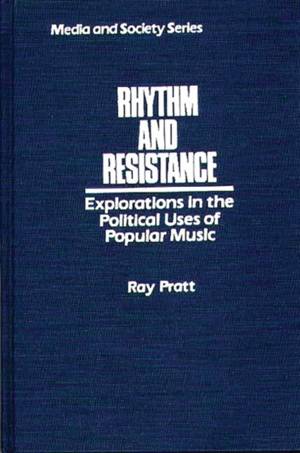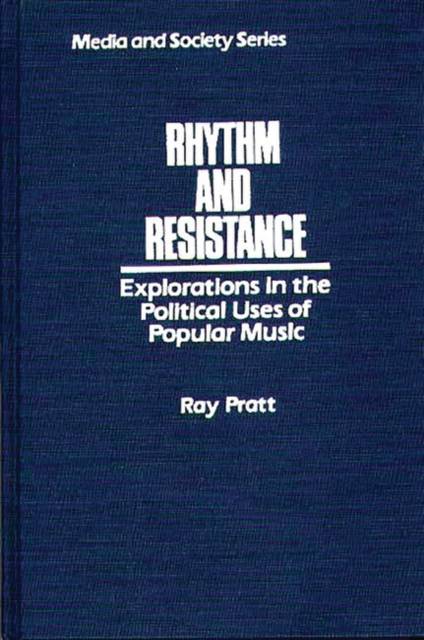
- Afhalen na 1 uur in een winkel met voorraad
- Gratis thuislevering in België vanaf € 30
- Ruim aanbod met 7 miljoen producten
- Afhalen na 1 uur in een winkel met voorraad
- Gratis thuislevering in België vanaf € 30
- Ruim aanbod met 7 miljoen producten
Omschrijving
This important new study of the political uses of popular music, from the era of slavery to the present traces the search for individual identity, freedom, and dignity as it has been expressed in popular music. Beginning with the spirituals of the slaves and the gospel of the black church and continuing through the blues, jazz forms, country, folk, and rock, Pratt presents popular music as part of a continuing effort, over two centuries, to create community values and identity in the face of social transformations. The book refutes the idea that the use of popular music for expression by a socially marginal society is new. Pratt demonstrates that popular music as an expression of community identity is centuries old.
Early chapters of the book explore the social and political functions of music and its relationship to the concept of culture, individualism, and freedom. Later chapters concentrate on the history and role of political messages in specific music forms: the blues, gospel, jazz, rock and soul. A summary chapter considers the future of American popular music as an instrument of political expression. Extensive references and chapter endnotes make this book an important edition to the popular culture library. Students and scholars of musicology, sociology, popular culture, and politics will find Rhythm and Resistance a valuable reference. and will be of special interest to academics engaged in research in musicology, popular culture and politics and culture.Specificaties
Betrokkenen
- Auteur(s):
- Uitgeverij:
Inhoud
- Aantal bladzijden:
- 256
- Taal:
- Engels
- Reeks:
Eigenschappen
- Productcode (EAN):
- 9780275926243
- Verschijningsdatum:
- 23/05/1990
- Uitvoering:
- Hardcover
- Formaat:
- Genaaid
- Afmetingen:
- 161 mm x 243 mm
- Gewicht:
- 571 g

Alleen bij Standaard Boekhandel
Beoordelingen
We publiceren alleen reviews die voldoen aan de voorwaarden voor reviews. Bekijk onze voorwaarden voor reviews.











